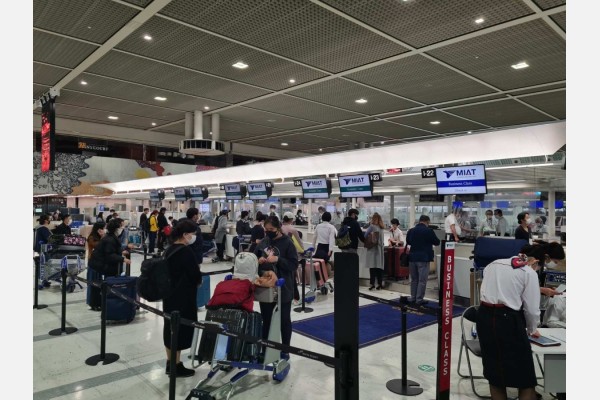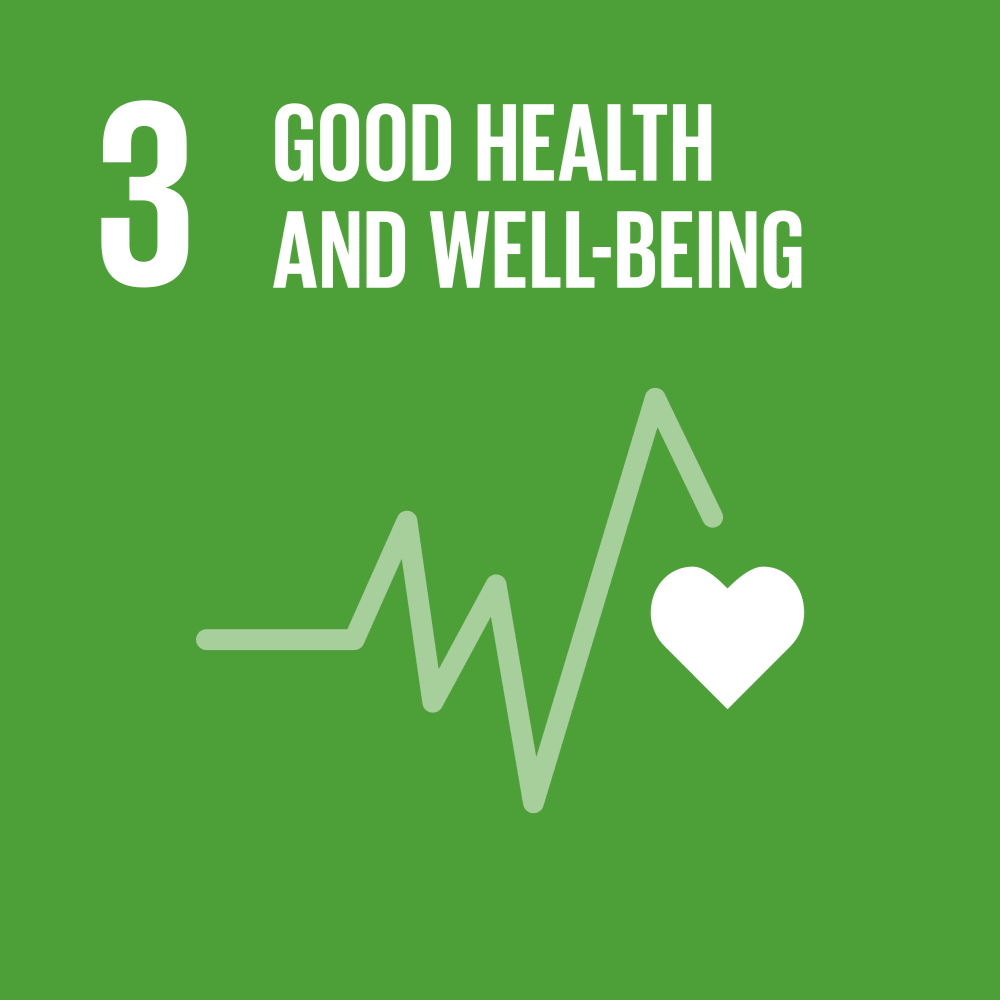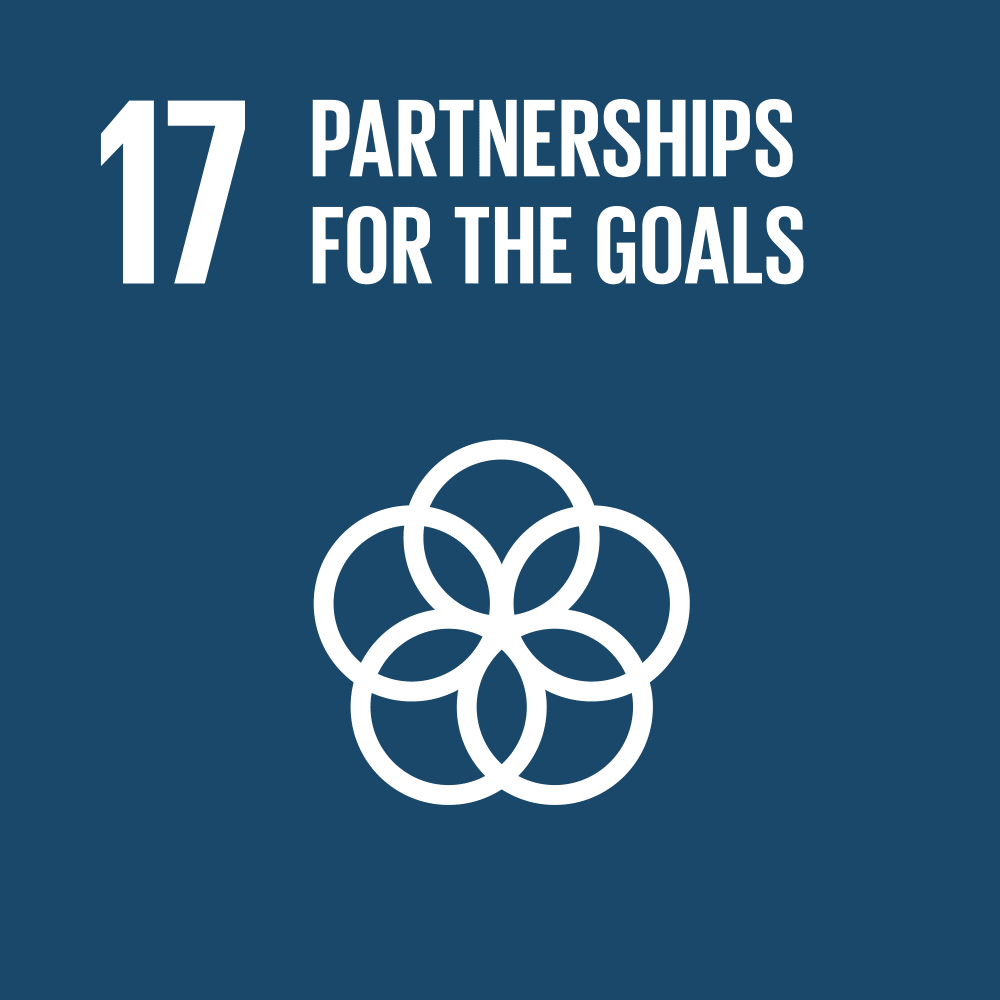Repository of Practices

Facilitating the return of the most vulnerable Mongolians stranded abroad due to the COVID-19 pandemic, and providing enhanced reintegration assistance through vocational training courses, access to job placements and basic services.
Dates
Type of practice
Summary
The complete ban on all border crossings since early March 2020 due to COVID-19 outbreak has had a major impact on Mongolians who have been stranded abroad. Over 30,000 Mongolians have requested immediate return to Mongolia, of which many were in a particularly vulnerable situation.
The return pathways organized by the State Emergency Commission (SEC) required returnees to be compliant with government vulnerability criteria and cover all necessary costs for flight/ground transportation, and quarantine costs by themselves. The vulnerability criteria set by the SEC included people with poor health conditions; pregnant women; families with children under 14 years old; people with disability; and people over 60 years old. However, most of the vulnerable Mongolians abroad have faced financial constraints due to job loss during the pandemic, or challenges finding work since many were in an irregular situation and couldn’t return using the above-mentioned pathways. With more time passing, vulnerable Mongolians abroad were forced to use personal savings, sell property, amass debt, and accept arrangements that are detrimental to their interests. The situation of those was deteriorating and their vulnerabilities reflected in the worst way on their children and cannot cover basic needs.
Therefore, MFA, in cooperation with IOM Mongolia and IOM sending missions, provided immediate return assistance to and saved lives of over 1000 most vulnerable Mongolian citizens stranded abroad due to COVID-19. When facilitating the return of Mongolians abroad, the MFA and IOM have jointly developed “The Standard Operating Procedures for Return Assistance of Stranded Migrants during COVID-19 Outbreak” (SOP), which was based extensively on similar instruments used by IOM missions in other countries and worked as a transfer of knowledge, experience and best practices, and significantly improved the cooperation between IOM and the Government of Mongolia and manifested itself in hundreds of stranded Mongolians successfully returned.
Utilizing the SOP, the diplomatic missions of Mongolia along with IOM sending missions have conducted vulnerability assessments and identified a comprehensive list of vulnerable stranded Mongolians in dire need of assistance. Some of the returnees’ situation had deteriorated long before they were identified and needed assistance before the repatriations, therefore, based on consultations between MFA and IOM, the most vulnerable Mongolians received cash assistance to cover basic needs. Upon return, many of the vulnerable returnees have struggled to reintegrate into society, particularly finding employment. Hence, to provide enhanced reintegration services to returnees, IOM has developed free-of-charge online training courses for skill development and opening businesses, which has been largely supported by the Municipality of Ulaanbaatar (MUB) and been placed on the public training platform of MUB to allow wider access for all returnees and citizens.
Organizations
Main Implementing Organization(s)
Detailed Information
Partner/Donor Organizations
Benefit and Impact
The online and self-paced capacity building trainings allowed returnees to receive up-to-date information on how to start a new business, expand existing ones, and practical knowledge and skills for improving employability with official certificates validated by the MUB. Given that in Mongolia, certificated trainings are mostly of high cost and at times not acknowledged by employers, we believe this initiative would concretely benefit returnees in finding employment.
Key Lessons
During the first several months of the local outbreak, there was an increased stigma and discrimination among the public towards the infected cases, as well as returnees from abroad who were often criticized for bringing the pandemic infection to Mongolia. Therefore, a comprehensive anti-stigma campaign was organized with leadership from IOM and great support from the Government of Mongolia and UN agencies, to reduce stigmatization towards infected people, as well as first contacts.
Recommendations(if the practice is to be replicated)
Innovation
The most important innovative approach utilized was mobilization and support from IOM missions in various countries where Mongolians were stranded, as well as full coordination from the diplomatic missions of the Ministry of Foreign Affairs of Mongolia abroad and the Governments of sending countries. All these stakeholders ensured full cooperation and support during these challenging times in all countries, which has allowed this initiative to save over 1000 most vulnerable people’s lives.
Additional Resources
Media
Шилжин суурьшигчийн түүх
Date submitted:
Disclaimer: The content of this practice reflects the views of the implementers and does not necessarily reflect the views of the United Nations, the United Nations Network on Migration, and its members.
More Related Practices:
- Migrant Domestic Workers Rights on the Threshold of Czech Households
- Libro: “A 20 años de la Ley de Migraciones”
- Comité de Familiares de Migrantes Desaparecidos de el Progreso, Yoro, Honduras, COFAMIPRO 25 años dando la lucha en la búsqueda de personas migrantes
- Programa de sensibilización de los derechos políticos de la población migrante internacional: En La Ciudad, Votás
- Transhumance Tracking Tool (TTT)
Peer Reviewer Feedback:
*References to Kosovo shall be understood to be in the context of United Nations Security Council resolution 1244 (1999).
Newsletter
Subscribe to our newsletter.



